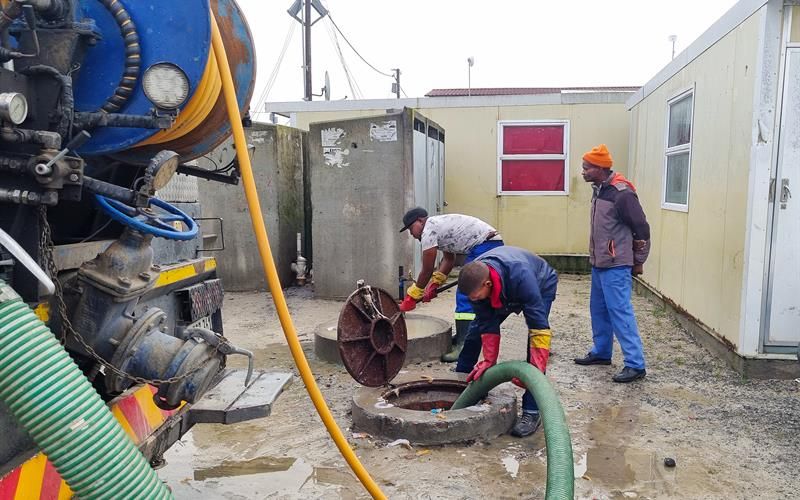In Cape Town, during a season of heavy rain, citizens are encouraged to report water and sanitation-related issues, such as sewer overflows, by using the city’s official reporting channels. The convenience and ease of WhatsApp make it a suitable platform for residents to assist the Water and Sanitation Directorate in preserving and improving the system.
Reporting Issues using WhatsApp
WhatsApp allows citizens to share water and sanitation defects promptly with the city’s maintenance teams. Residents can send a message to 060 018 1505, describing the issue, providing its location and photographs if possible, to report a problem. This information enables the maintenance teams to address the concern efficiently and resolve it quickly.
Delays in Maintenance Service Requests
Due to an increase in complaints during heavy rainfall, the city’s maintenance teams may face delays in responding to service requests. Factors such as traffic disruptions and harsh weather may temporarily hinder the teams’ ability to attend to issues. However, they will deploy teams to clear sewer blockages as soon as they can do so safely.
Alternative Reporting Channels
Citizens have various ways to report water and sanitation service requests. In addition to WhatsApp, they can use other channels such as online, email, SMS, call, or visit a City walk-in center.
Tips for Reporting Issues
When reporting an issue, the city advises residents to provide a street address or landmark and a contact number for any necessary follow-up, along with photographs of the incident submitted via WhatsApp, online, or email.
Ways to Assist Sanitation Services
Apart from reporting issues, residents can help sanitation services by following some tips such as:
- Flushing only human waste and toilet paper.
- Using the city’s solid waste services to dispose of waste instead of drains.
- Checking for illegal stormwater-to-sewer connections on properties.
- Reporting sewer blockages and overflows timely.
- Reporting any vandalism to the sewage reticulation system.
By utilizing the power of technology and community engagement, Cape Town aims to streamline its water and sanitation services. With WhatsApp as a key reporting tool, residents can play an essential role in maintaining the city’s infrastructure and ensuring a clean and healthy environment for all.












